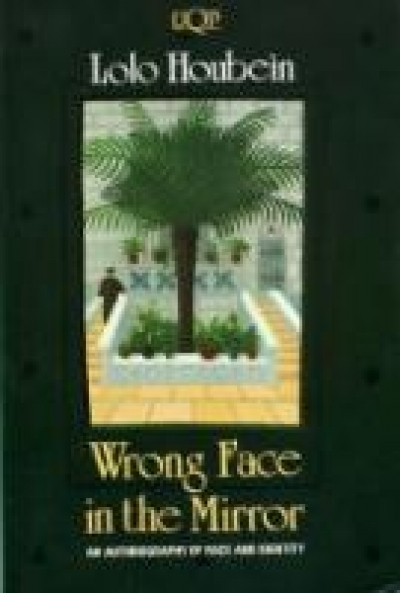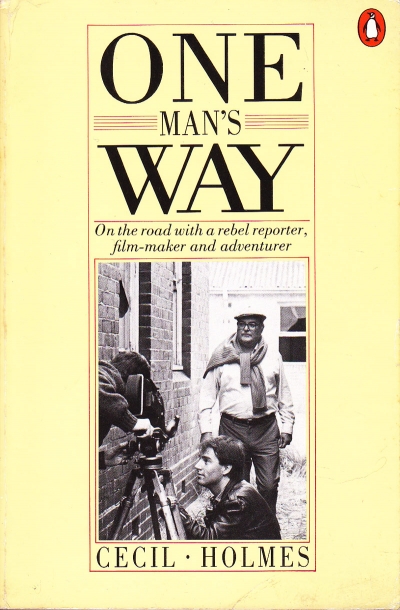Like many students of Australian film, I became aware of Cecil Holmes’s work through the viewing of a scratched print of Three in One in a lecture hall in one of our tertiary institutions, many years after it had failed to gain general release within Australia and killed off the dream of an indigenous film industry, yet again. A brave and naïve film, it was clearly well-made, stylish, and addressed a local audience without condescension or parochialism. Three in One was an early hint of what an Australian cinema might look like, and is now held to be one of the landmarks in the history of Australian film. To those who see the film now, though, its maker must seem to have suffered the same fate as its optimistically named production company, New Dawn Films. There is some satisfaction, then, in reading One Man’s Way to see what did happen to a substantial talent squandered by an insecure and conservative Australian film industry.
...
(read more)







